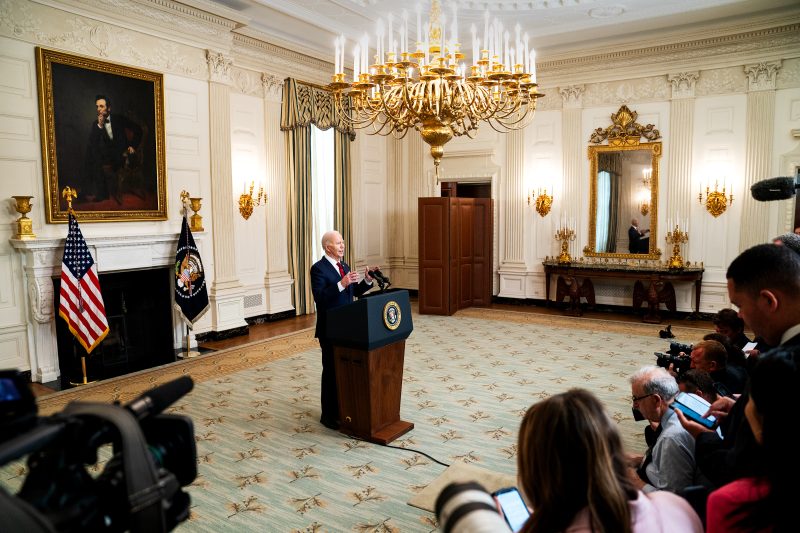In the era of the digital age, social media platforms have become powerful tools for communication, connection, and influence. Among the plethora of social media platforms available today, TikTok stands out as one of the fastest-growing and most popular apps globally. With its engaging short-form videos and viral trends, TikTok has captured the attention of millions of users, particularly among the younger generations.
However, TikTok’s rapid rise to fame has not been without its fair share of controversies and challenges. In recent months, the popular app has found itself embroiled in a legal war with the U.S. government, raising concerns about privacy, national security, and the reach of Chinese technology companies. This clash between TikTok and the U.S. government underscores the complexities of technology regulation in a globalized world and raises questions about the future of data security and digital sovereignty.
At the heart of the conflict between TikTok and the U.S. government lies the issue of data privacy and national security. The U.S. government has expressed concerns that TikTok, owned by the Chinese company ByteDance, could be compelled to hand over user data to the Chinese government under China’s stringent data protection laws. This fear is compounded by the fact that the Chinese government has a track record of strict internet censorship and surveillance, leading to concerns about the potential misuse of user data for political purposes.
In response to these concerns, the U.S. government has taken several steps to address what it perceives as national security risks posed by TikTok. In August 2020, former President Donald Trump issued an executive order banning all transactions with ByteDance, effectively threatening to shut down TikTok in the U.S. unless it was sold to an American company. This move sparked a legal battle between TikTok and the U.S. government, with TikTok filing multiple lawsuits to challenge the ban and protect its interests.
Despite the legal challenges and uncertainties surrounding its future in the U.S., TikTok remains immensely popular among users worldwide. The app’s vibrant community, creative content, and innovative features have cultivated a loyal fan base that continues to grow despite the ongoing controversy. TikTok’s unique algorithm, which tailors content to individual users’ preferences and interests, has propelled the app to the forefront of the social media landscape, attracting users of all ages and backgrounds.
As the legal war between TikTok and the U.S. government continues to unfold, it raises broader questions about the regulation of technology companies, data privacy, and national security in an interconnected world. The tension between TikTok’s global appeal and the U.S. government’s concerns about data security highlights the challenges of balancing innovation and protection in the digital age. Ultimately, the outcome of this legal battle will not only shape the future of TikTok but also set important precedents for how governments around the world navigate the complexities of tech regulation in the twenty-first century.
